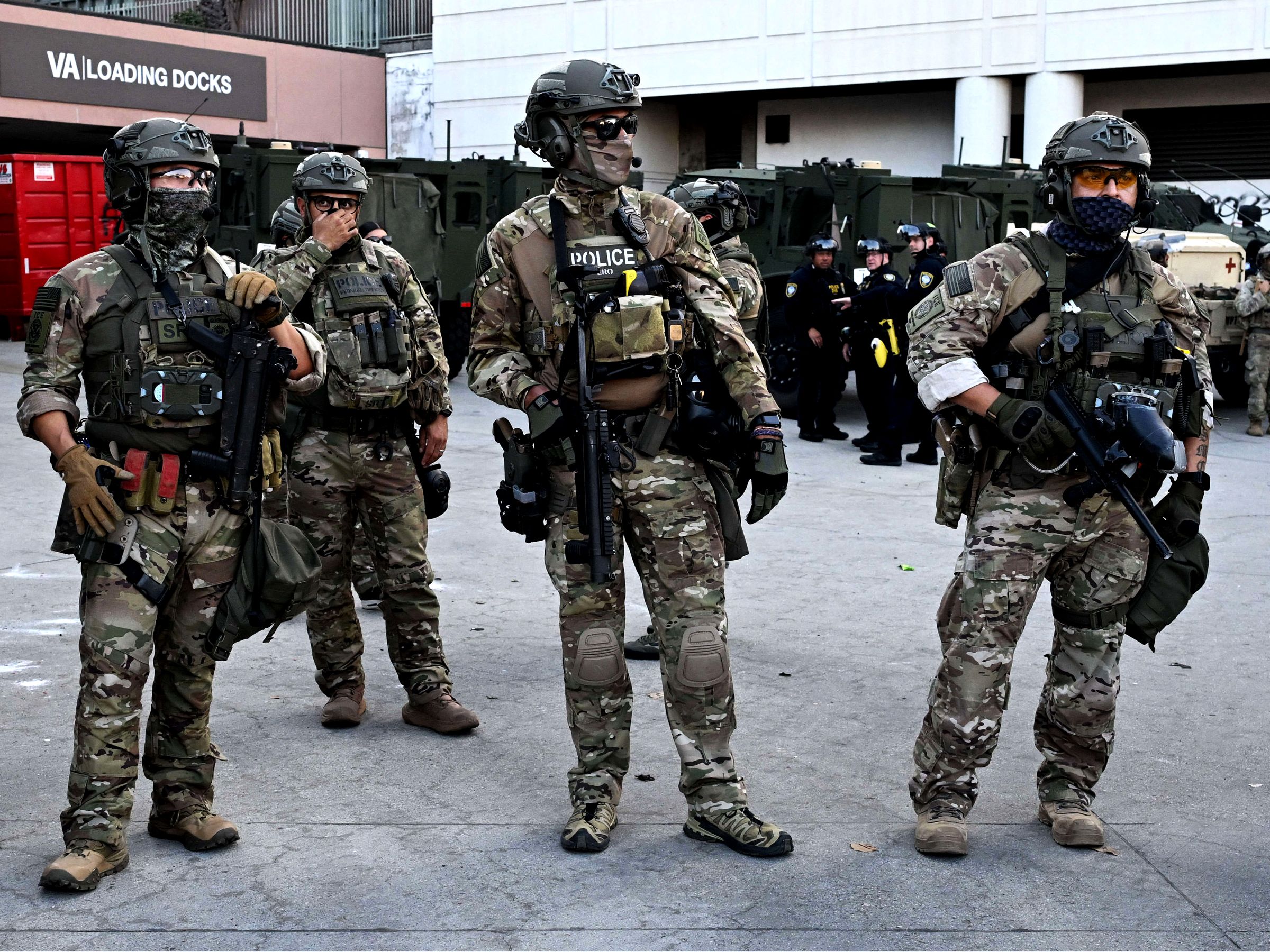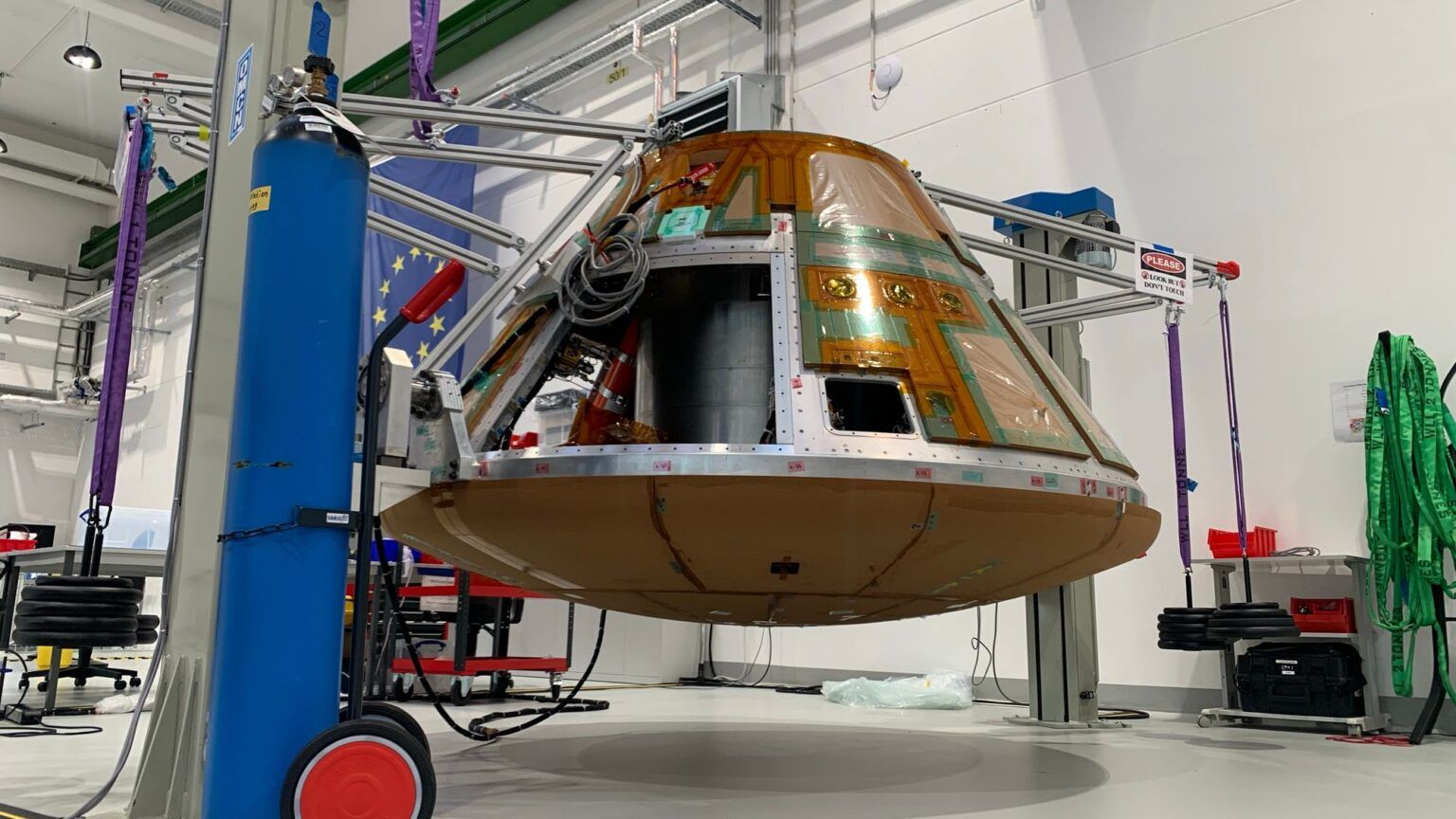Here’s What Marines and the National Guard Can (and Can’t) Do at LA Protests

Here’s What Marines and the National Guard Can (and Can’t) Do at LA Protests
In response to the recent protests in Los Angeles, the deployment of Marines and the National Guard has sparked debate over their roles and limitations. While both military forces can provide support to local law enforcement agencies, there are strict regulations governing their involvement in civilian matters.
The Marines, being a branch of the U.S. military, are subject to the Posse Comitatus Act, which prohibits the use of federal military personnel to enforce domestic laws. This means that Marines cannot carry out law enforcement duties at the protests, but they can assist in maintaining order, protecting property, and providing logistical support.
On the other hand, the National Guard operates under state authority and can be called upon by the governor to aid in law enforcement activities during civil unrest. However, they too must comply with state laws and regulations, and their deployment is usually limited to a specific time frame.
Both Marines and the National Guard are trained in crowd control techniques and can help de-escalate tense situations at the protests. They can also provide medical aid to injured civilians and law enforcement personnel, as well as assist in disaster relief efforts if needed.
However, there are limits to their involvement. They cannot make arrests, conduct searches without consent, or engage in any activities that violate the rights of protesters. Their primary goal is to ensure the safety and security of all individuals involved, while respecting their constitutional rights.
In conclusion, while Marines and the National Guard can play a crucial role in maintaining order and providing support during protests, it is important for them to operate within the confines of the law and respect the rights of all individuals. Their presence should be seen as a measure to protect public safety, rather than an attempt to suppress dissent.




